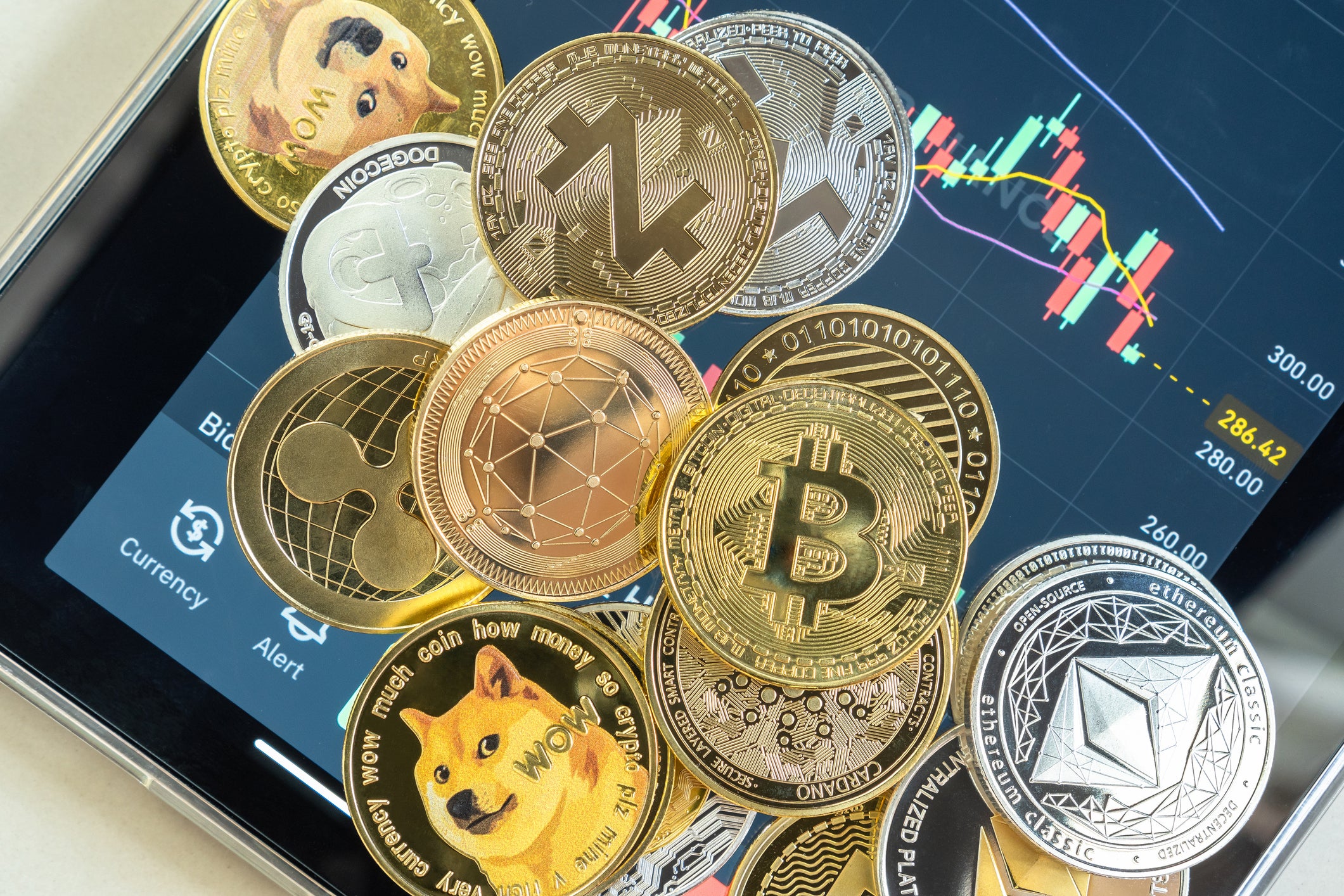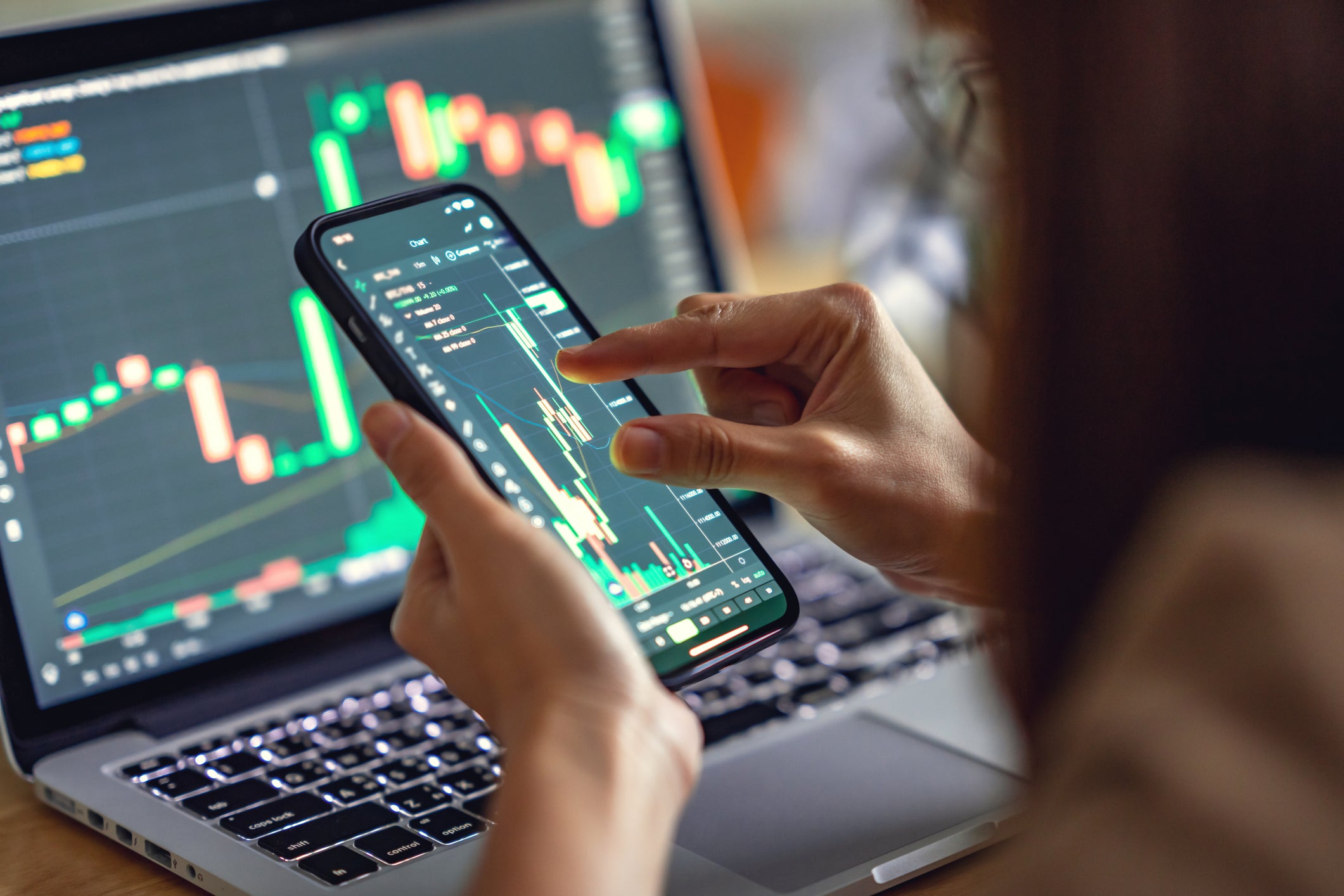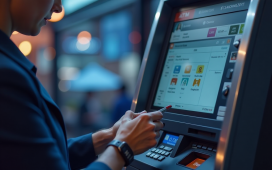The end of January brings with it the deadline for people to file a self assessment tax return in the UK, as well as pay any owed tax from it.
While it’s typically the domain of the self-employed, sole traders or those with multiple streams of income, it’s important to note there are a much wider range of individuals who may need to file one to tell HM Revenue and Customs about their financial situations, including people with income from rentals, dividends or even side hustles. Equally, there are ways to lower your tax bill if certain situations apply to you.
One particularly key area which is also worth checking to see if you need to declare income is a comparatively new one: declaring profits from trading or selling cryptocurrencies such as bitcoin. Here’s everything you need to know about including it on your return this year.
Do crypto profits need to go on a self assessment?
The short answer is “yes”, but as is the case with most items regarding tax in the UK, the true answer is somewhat trickier than that.
What’s included apart from bitcoin?
Everything you’d think of as a digital asset, basically.
Whether you’re trading in etherium or doge instead of bitcoin, have sold NFTs or tokens which were airdropped to you, these all count.
And yes, that means even the ridiculous punts referred to as altcoins, memecoins or s***coins.
OK, what’s the process and what’s exempt?
Cryptoassets, as the UK government labels cryptocurrencies such as bitcoin and any other tokens, are treated in much the same way other assets are: if you trade or sell them and generate an income, you need to report it and may need to pay tax on it.

They are comparable not to money or cash, but to holding or selling shares (outside of an ISA), in that if you make profit from selling your cryptocurrencies, they count towards a potential Capital Gains Tax (CGT) bill.
There are some exceptions, such as if you receive crypto as salary for example and have therefore already paid income tax on it, then that received portion is not liable for CGT. But, if the price goes up and then you sell, the gains would still be liable for CGT.
Additionally, it’s possible you’ve already used HMRC’s Capital Gains Tax real time service to report gains straight away, so don’t need the self assessment for it.
What are the allowance limits and how do I check my earnings?
It’s important to keep track of your transactions, especially if you buy and sell with regularity or trade across multiple asset classes. HMRC say they “might ask to see your records if they carry out a compliance check”. Exchanges on which crypto trades take place can usually provide transaction reports, but it’s your responsibility to work out your dealings.
HMRC say you should keep separate records for each transaction.
Everybody is entitled to a CGT allowance each financial year however, which for 2023/24 (the year which is reported for 31 January 2025 deadline) is £6,000. This is a reduction from previous years and next year, 24/25, the allowance decreases again to £3,000. There’s also a personal tax-free allowance of £12,750, though for many people this can be used up with their usual salary or earnings.

Above the allowance, the rates of tax payable on gains can also differ, depending on if you’re a basic, higher or additional rate taxpayer. More details on rates are here but check your personal circumstances for the year you’re reporting on your tax return, not your circumstances now.
What about from previous years?
If you’ve only just discovered the need to pay tax on crypto earnings, you can use HMRC’s disclosure tool which is here.
They say this is “a voluntary disclosure of any unpaid tax if you have income or gains from cryptoassets, including exchange tokens, NFTs and utility tokens.”
The Treasury have previously stated that from 24/25, self assessment forms will hold a specific section for individuals (and trusts) that have sold crypto-related assets.
For now it still goes in the section regarding sales of “other” assets.
If you trade larger amounts of crypto you may be expected to fill in a separate form, an SA103 supplementary page, and you may need to pay income tax instead of CGT – so always check your personal circumstances.
If you need more help or guidance on accurately reporting cryptocurrencies on a self assessment tax return, check the government website here.












